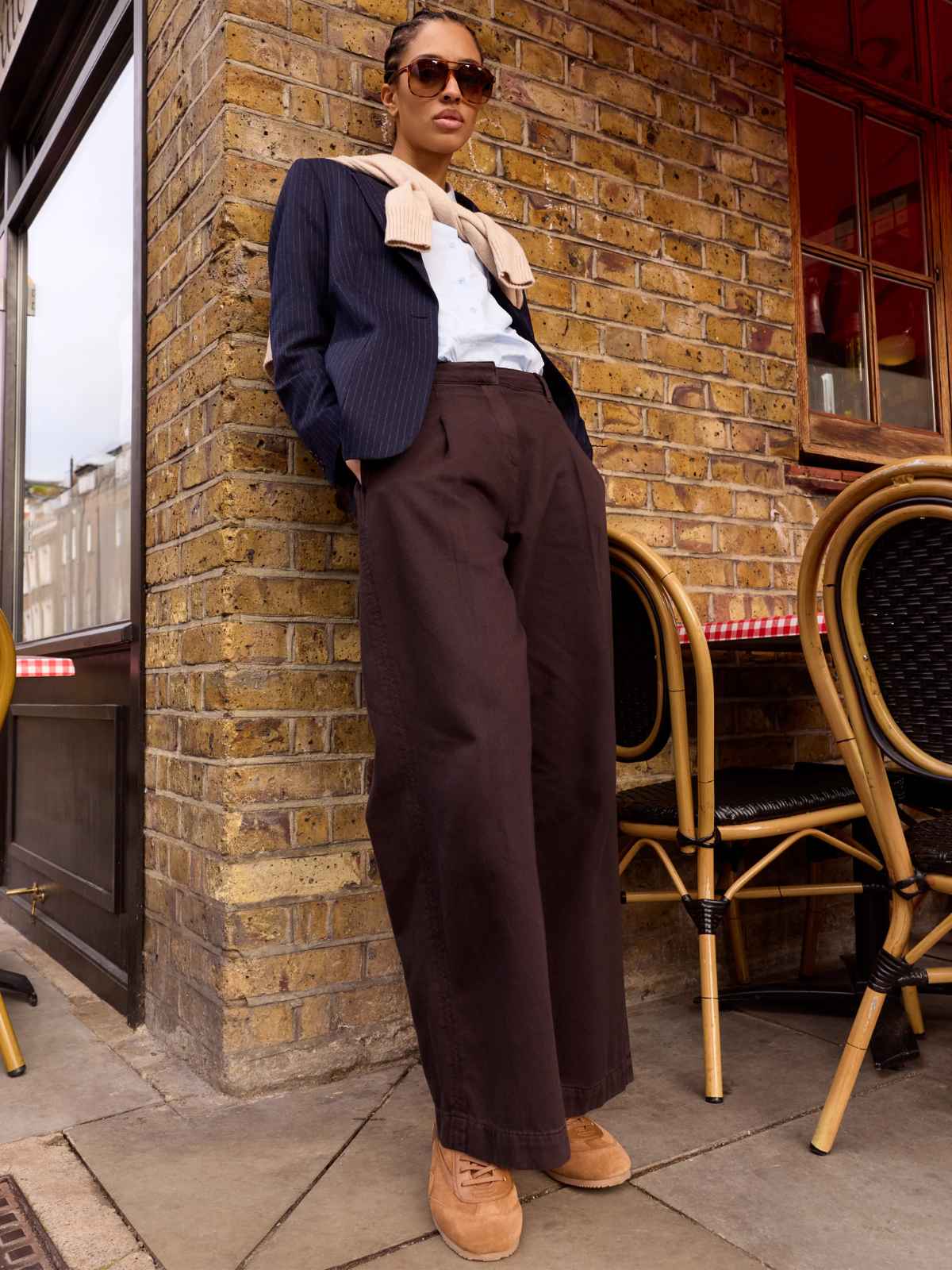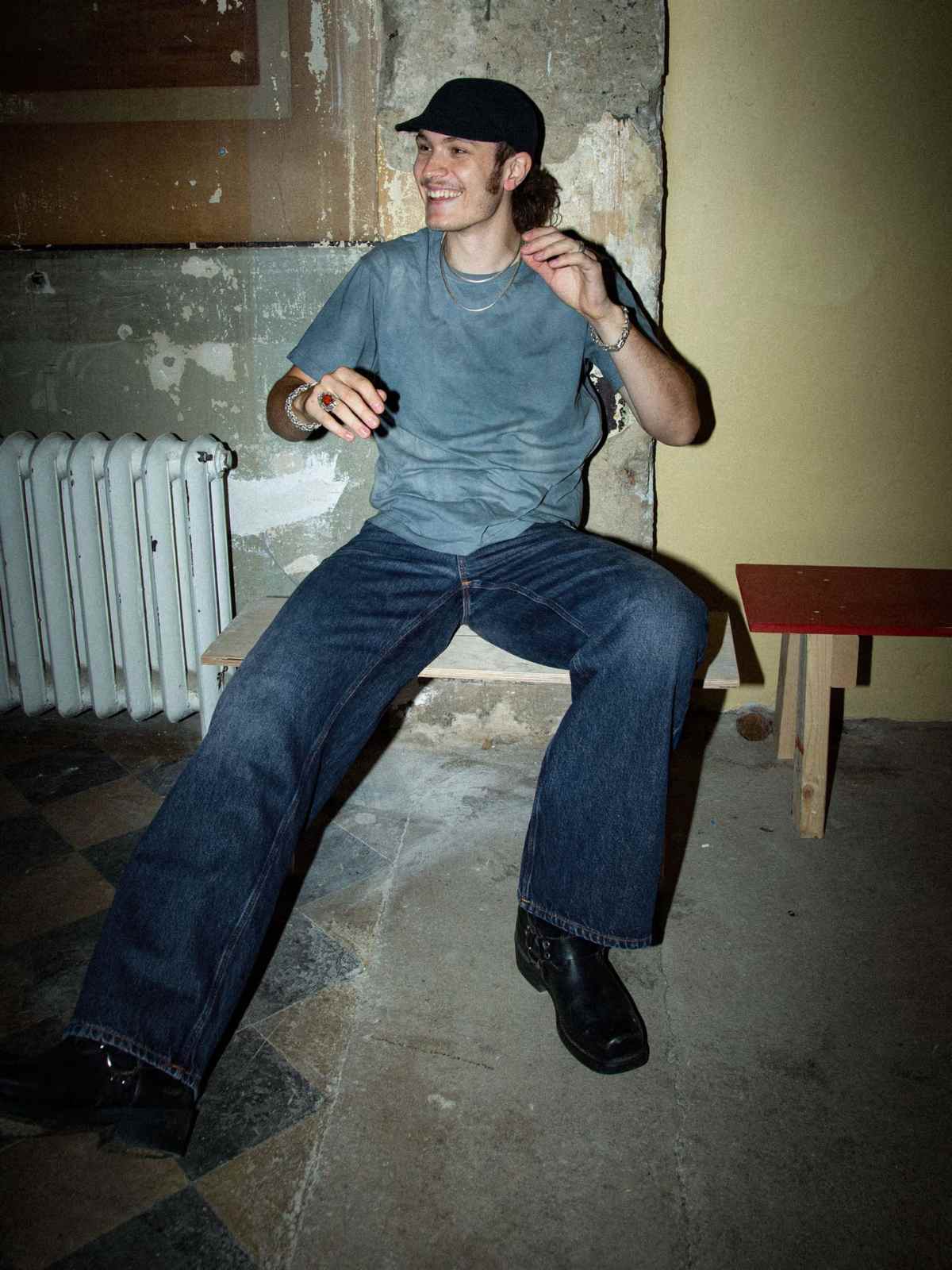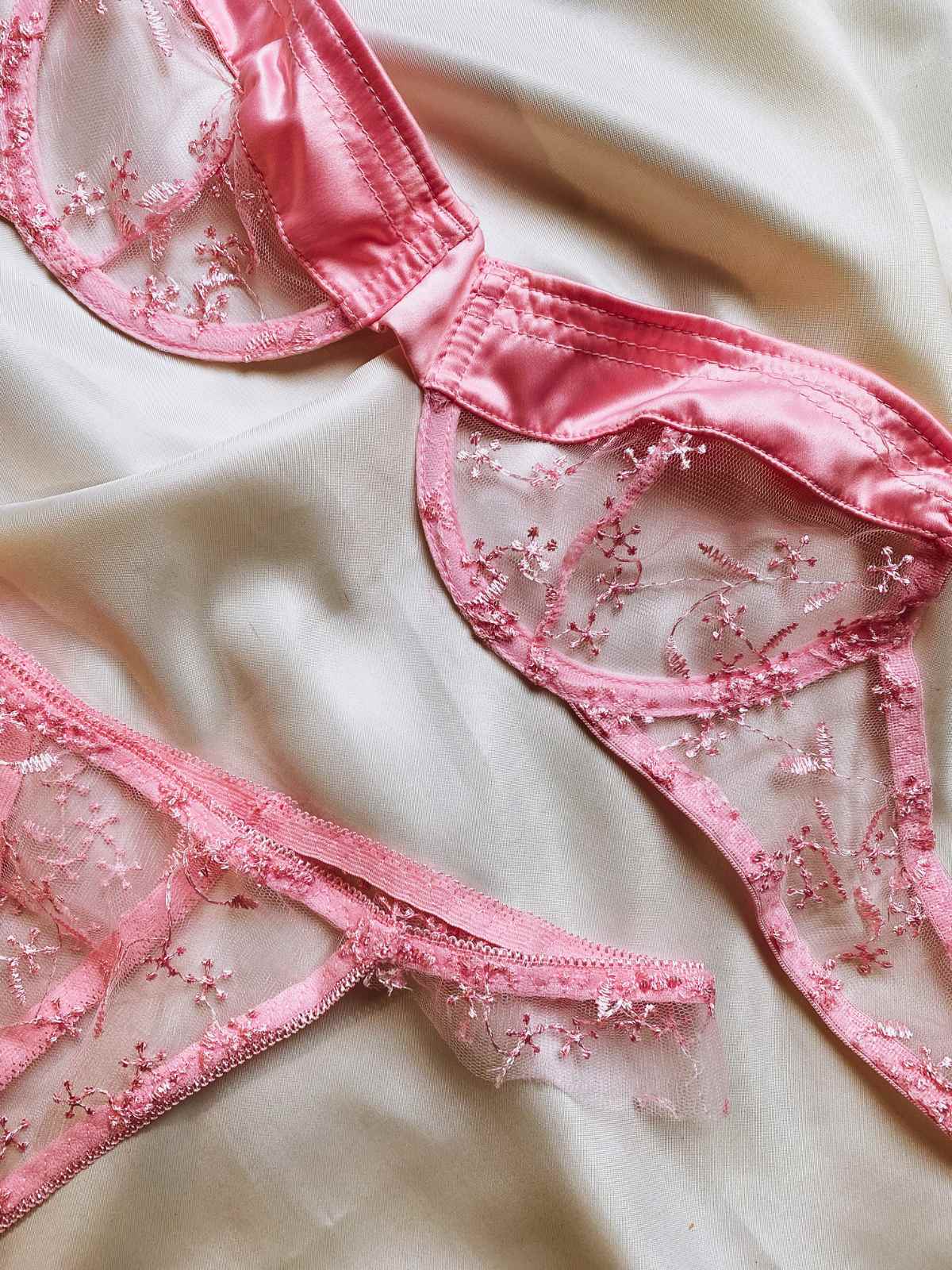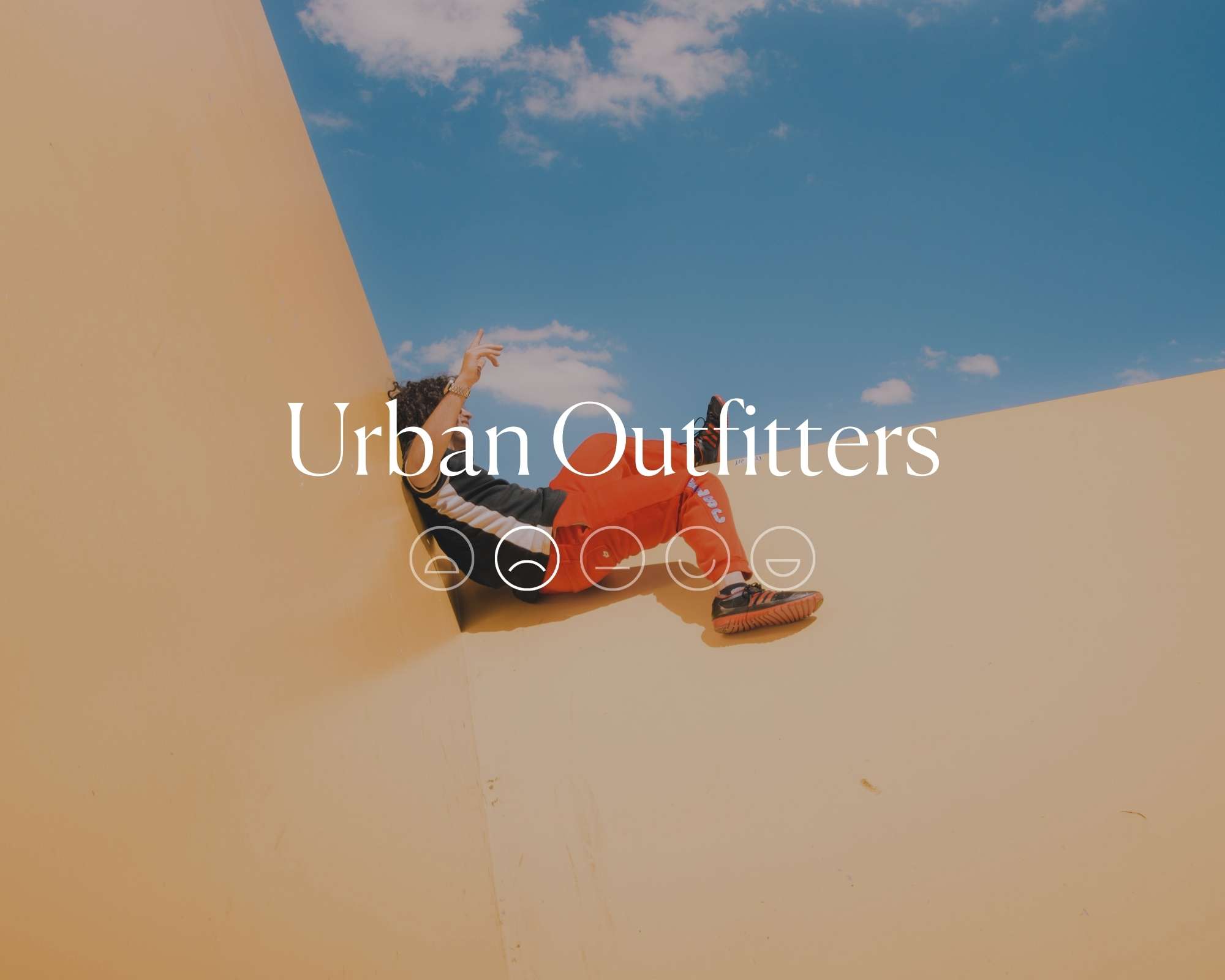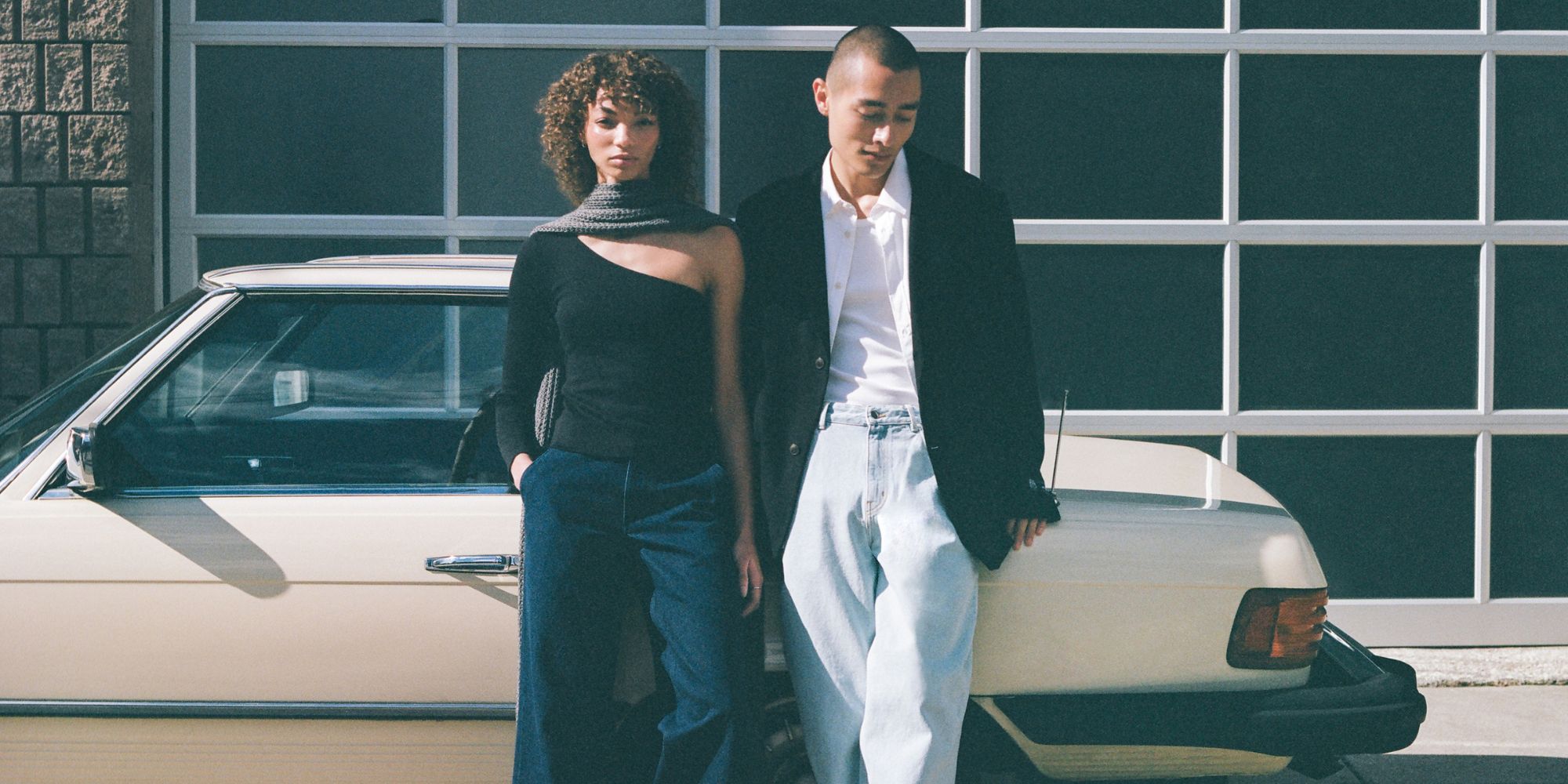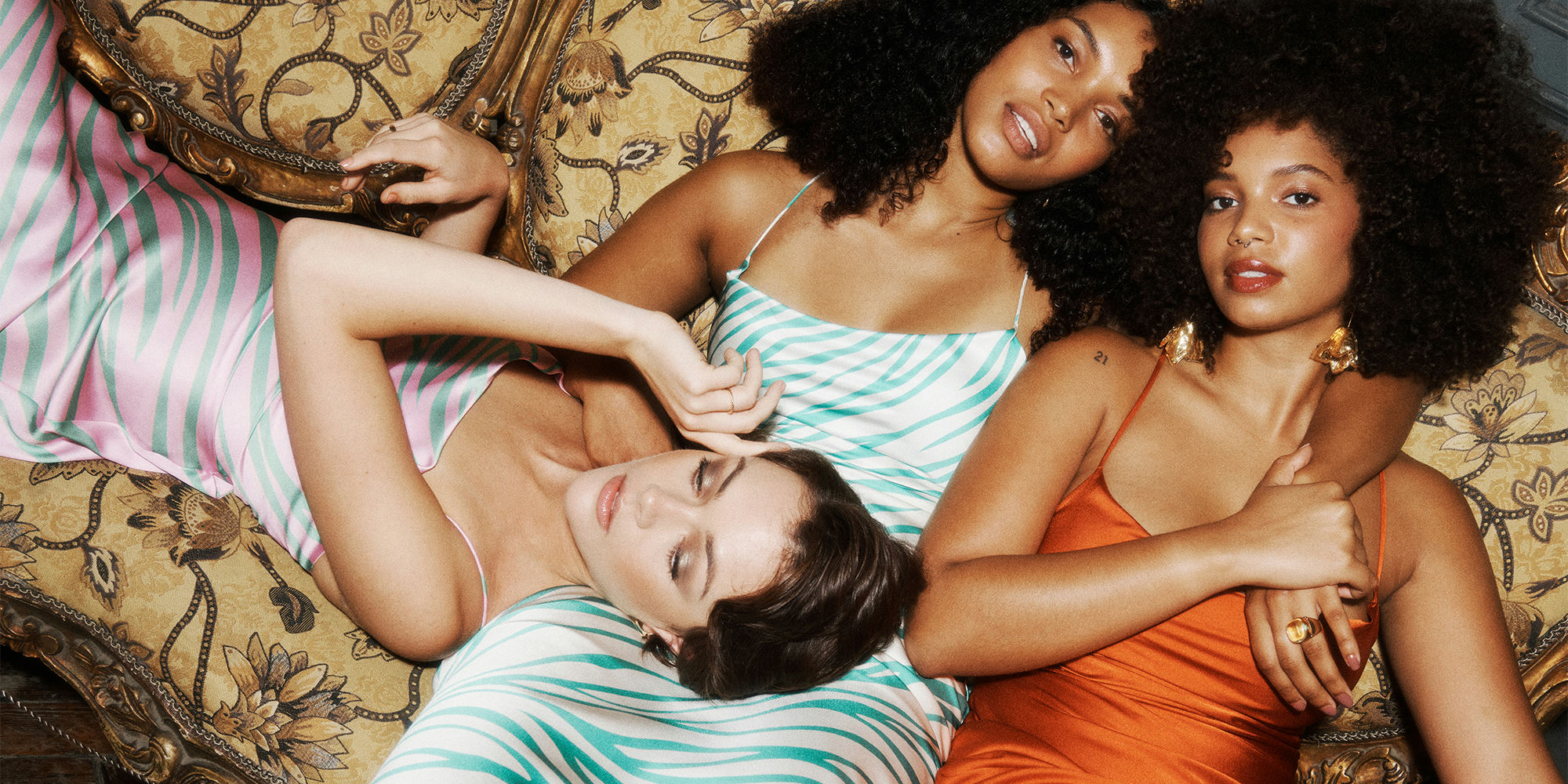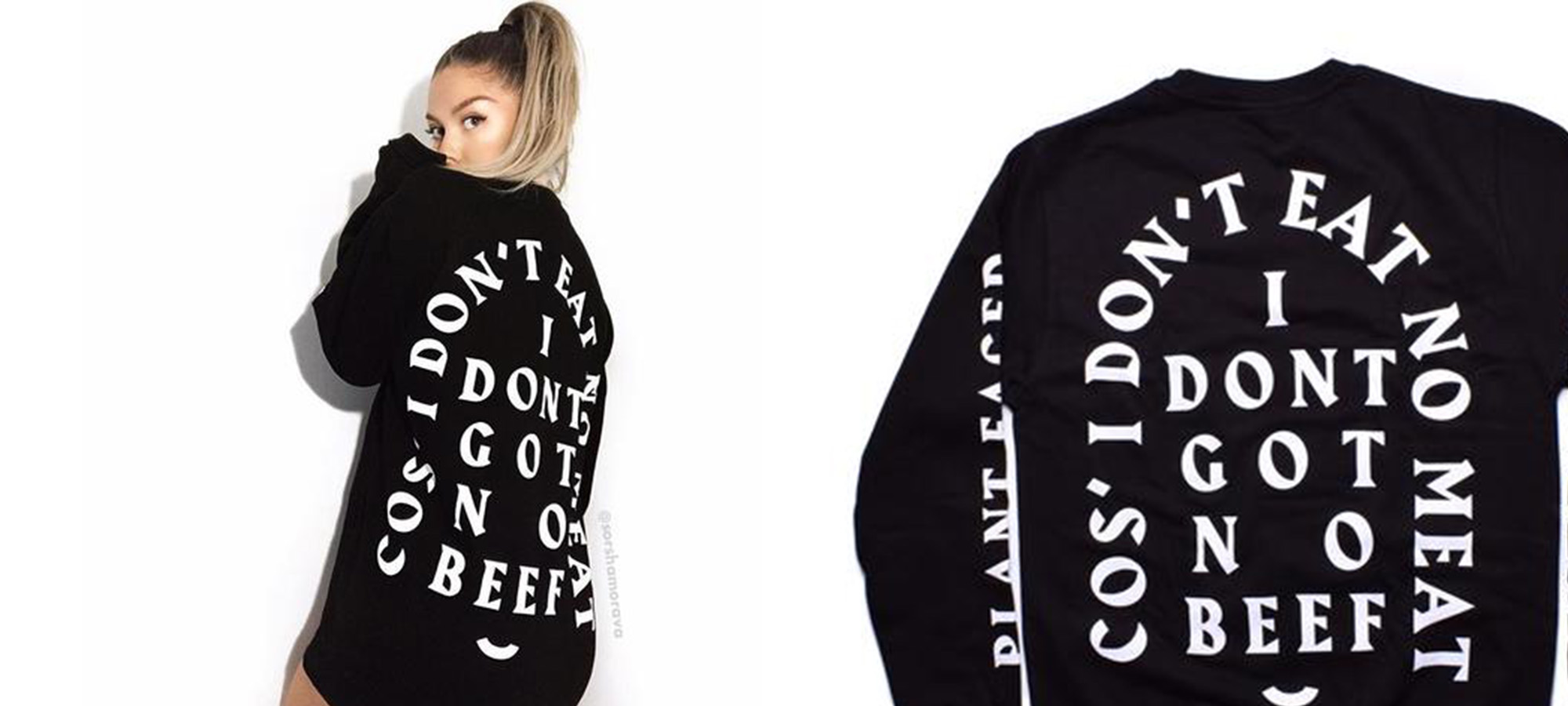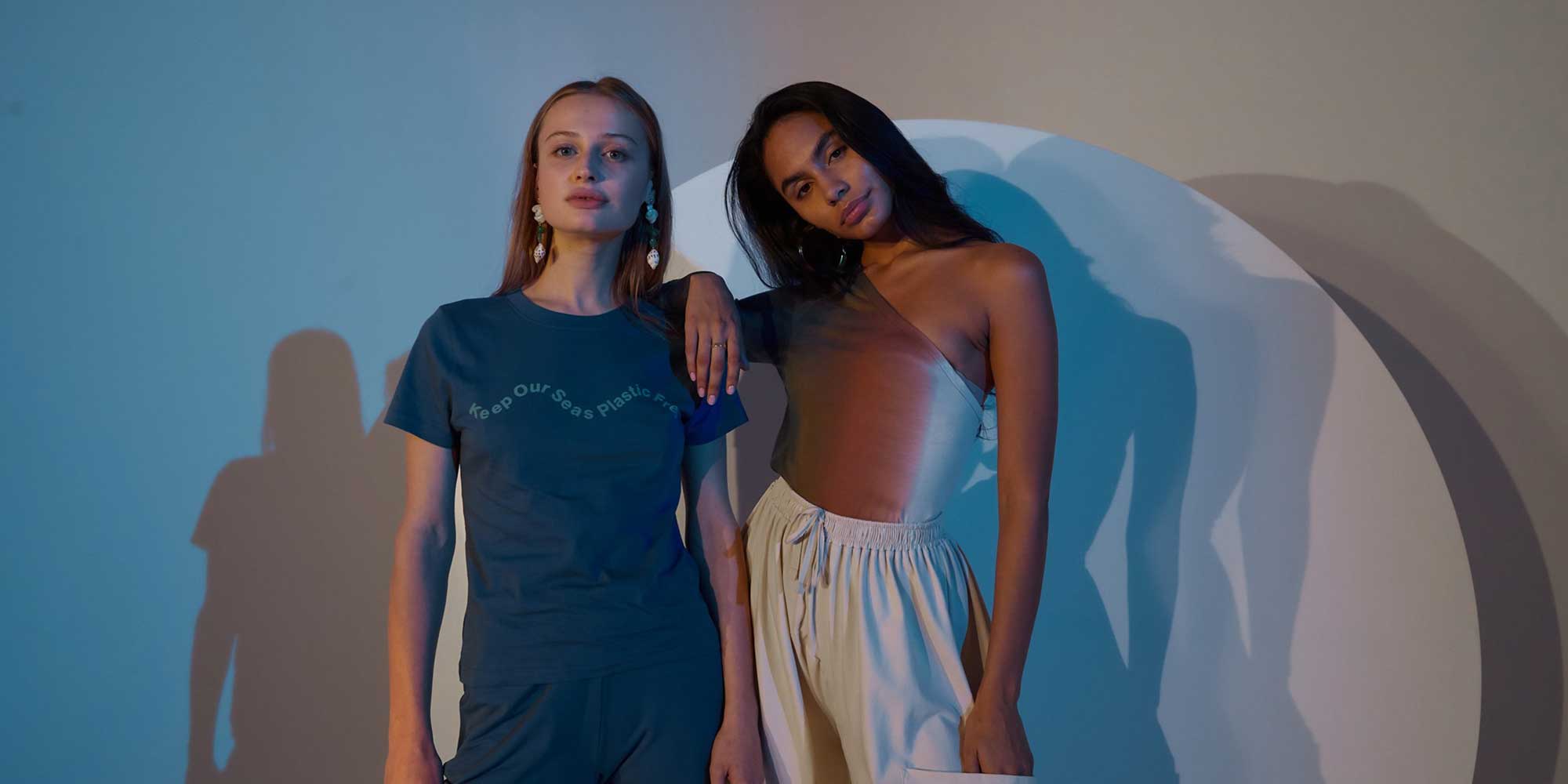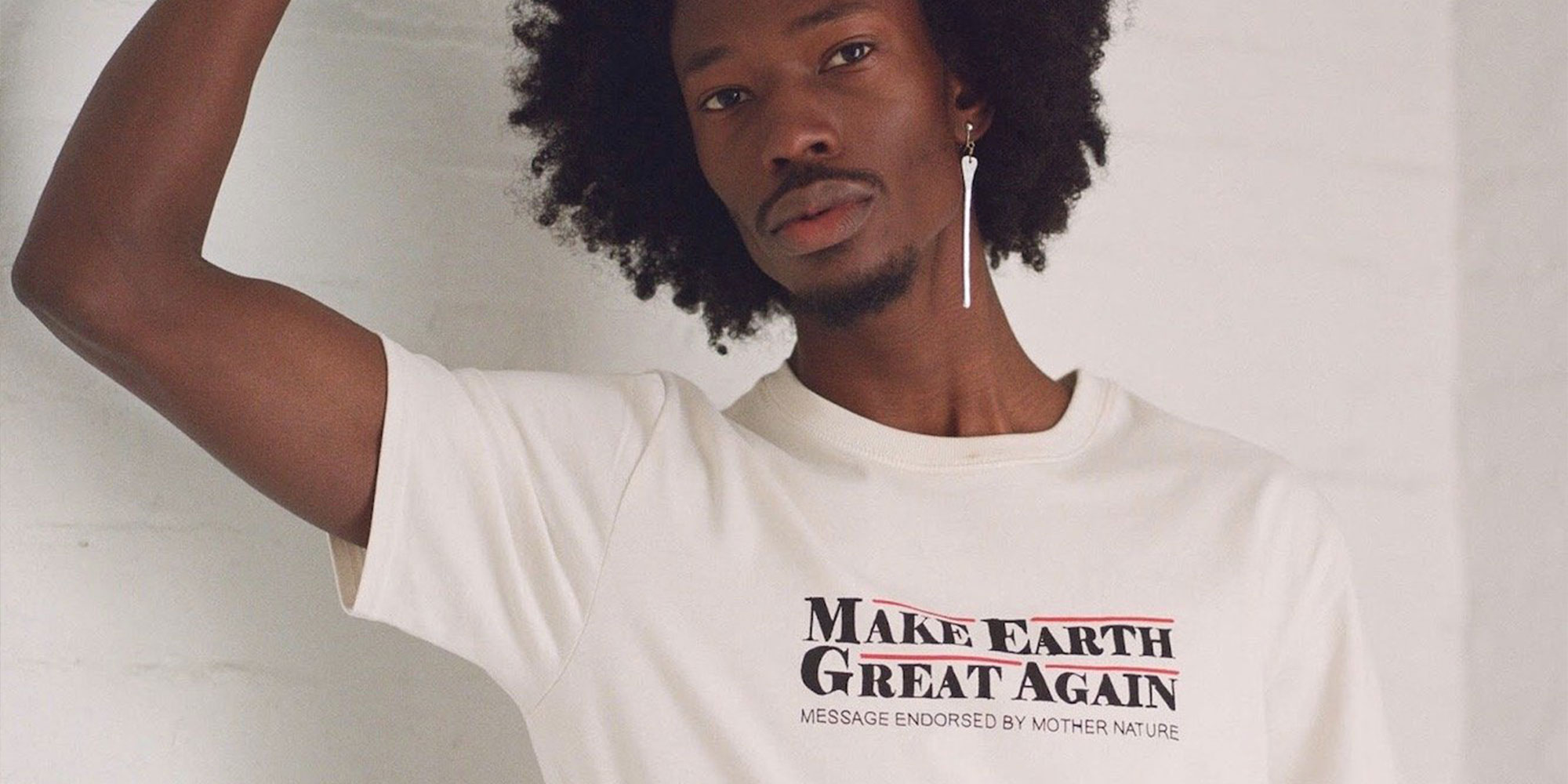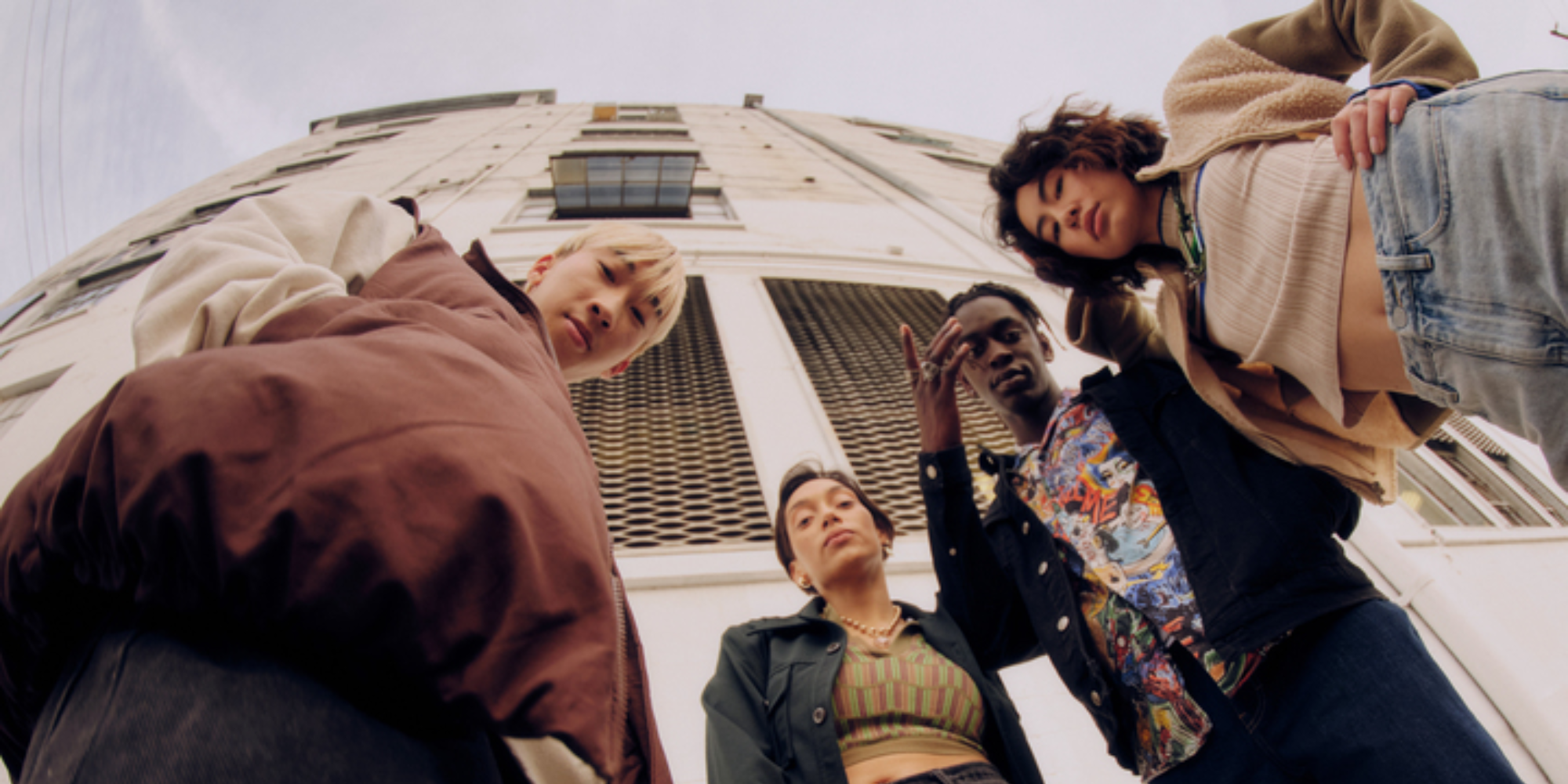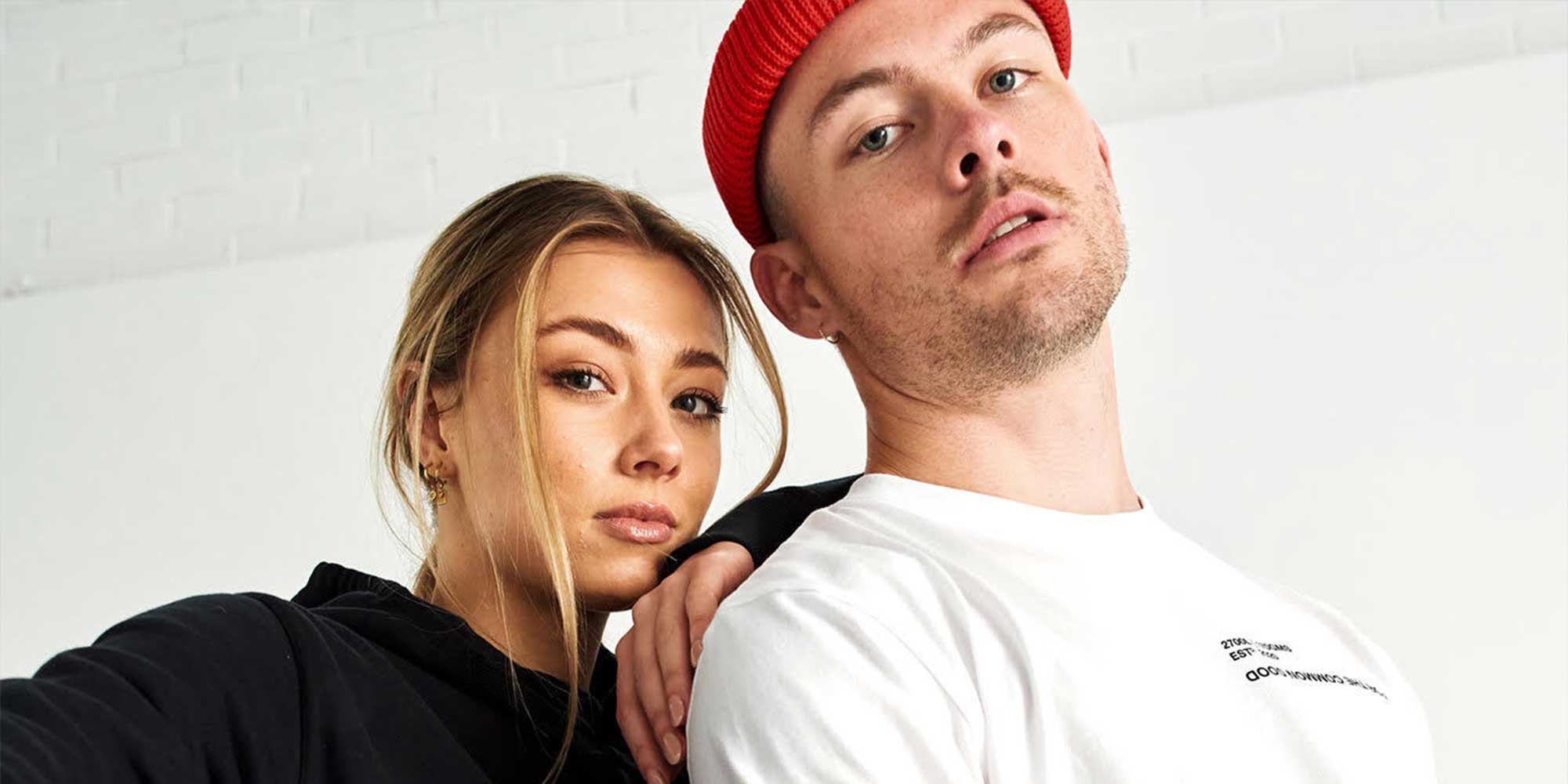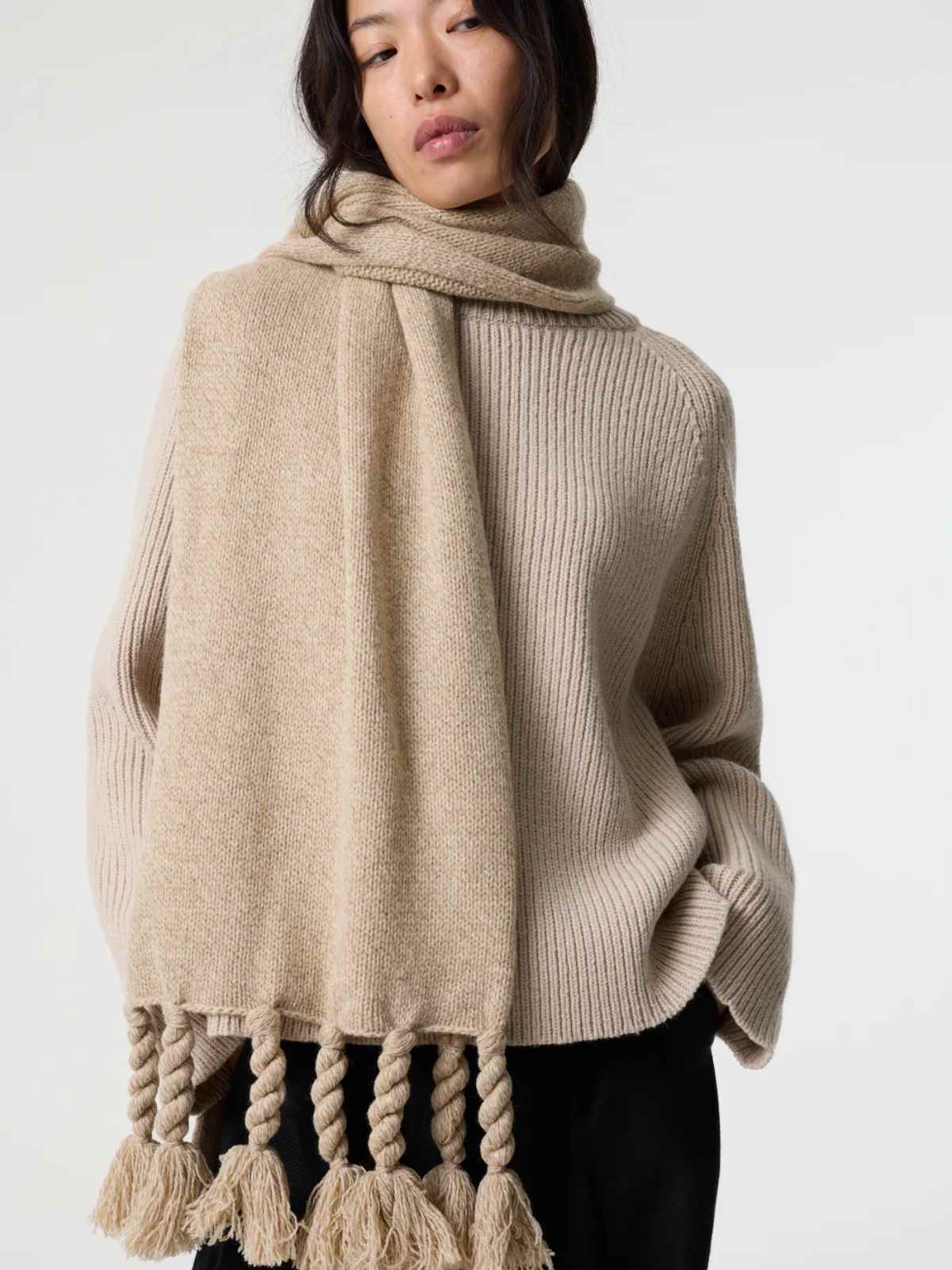Our editors curate highly rated brands that are first assessed by our rigorous ratings system. Buying through our links may earn us a commission—supporting the work we do. Learn more.
Lifestyle brand Urban Outfitters has been catering for young, trend-loving shoppers since the ’70s, but it is “Not Good Enough” across the board for its impact on people, the planet, and animals. This article is based on the Urban Outfitters rating published in April 2024 and may not reflect claims the brand has made since then. Our ratings analysts are constantly rerating the thousands of brands you can check on our directory.
Urban Outfitters is not doing enough to reduce its impact
American fashion chain Urban Outfitters has made a name for itself with trendy, affordable clothing targeted at young adults. Affectionately referring to its customer base as “metropolitan hipsters”, it pulls shoppers in with carefully curated, Instagrammable image. But are its ethics as shiny as its branding? How ethical is Urban Outfitters?
Owned by retail industry giant, URBN—which also owns Anthropologie and Free People—Urban Outfitters has over 700 stores across the globe. The brand is one of North America’s biggest retailers, and its revenues keep on growing, so it’s easy for consumers to be swept up in Urban Outfitters’ hype, rather than reflect on its commitment to sustainability and ethical practices. So, how does Urban Outfitters rate for environmental sustainability, labour rights, and animal welfare? Here’s what our latest rating says.
Environmental impact
Urban Outfitters is “Not Good Enough” for the environment. It uses some lower-impact materials in its products, including recycled materials, and the brand states that “by 2027 60% of our total direct-sourced raw materials will be sourced more responsibly”. But for now, only 10% of its direct-sourced raw materials are responsibly sourced, it says.
In 1983, the brand launched Urban Renewal, an initiative to “focus on repurposed, remade, and one-of-a-kind vintage goods”. The brand claims the programme has helped give new life to over 66,000 second-hand flannels and 45,000 sweaters, as well as salvaging over 1 million pairs of vintage denim.
However, the underlying issue with Urban Outfitters remains: it continues to follow an unsustainable fast fashion model with quickly changing trends and frequent new styles, which is ultimately unsustainable. What’s more, there is no evidence Urban Outfitters has taken meaningful action to reduce or eliminate hazardous chemicals or carbon, or to protect biodiversity in its supply chain. You can do better for the planet, Urban Outfitters.
Labour conditions
Urban Outfitters describes itself as “dedicated to inspiring customers through a unique combination of product, creativity and cultural understanding”. But how much does the brand care about the workers across its supply chain? In its response to the California Transparency in Supply Chains Act, Urban Outfitters briefly outlines some of its labour policies, including its third-party auditing processes and commitment not to use child or slave labour.
There is, however, very little evidence to support any of these claims. None of the brand’s supply chain is certified by crucial labour standards that help ensure worker health and safety, living wages, and other rights. And the brand still hasn’t signed the important International Accord for Health and Safety in the Textile and Garment Industry, which helps to ensure workers’ safety and encourages disclosure of suppliers.
Plus, we found no evidence Urban Outfitters ensures payment of a living wage in its supply chain, or that the brand supports diversity and inclusion in its supply chain. It also received a score of only 11-20% in the 2023 Fashion Transparency Index.
No stranger to controversy, Urban Outfitters was caught up in a labour rights scandal in 2015 where employees were asked to work for free over the weekend in the guise of a training day.
Unsurprisingly, Urban Outfitters has dropped from “Not Good Enough” to “Very Poor” for people.
Animal welfare
The brand also scores “Not Good Enough” for animals. It has published a general statement about minimising animal suffering, but there is no evidence Urban Outfitters has an animal welfare policy. While it does not use fur, down, angora, or exotic animal skin or hair, it does use leather, wool and shearling.
There is also no evidence it traces any animal products even to the first stage of production. This is problematic because the welfare of both the animals and the workers involved in the process cannot be guaranteed.
Overall rating: ‘Not Good Enough’
Urban Outfitters is doing very little to help the environment, its workers, or our animal friends. There is no evidence that its policies regarding labour and transparency in the supply chain are actually effective.
Despite its collections being designed to appeal to open-minded and progressive young people, Urban Outfitters has a long way to go before it can be considered a more sustainable and ethical brand. As a major retailer worth billions of dollars, it could do so much more to differentiate itself for the better.
Note that Good On You ratings consider hundreds of issues, and it is not possible to list every relevant issue in a summary of the brand’s performance. For more information, see our How We Rate page and our FAQs.
Luckily, the Good On You team found better alternatives to Urban Outfitters.
Good swaps
“Good” and “Great” alternatives to Urban Outfitters
